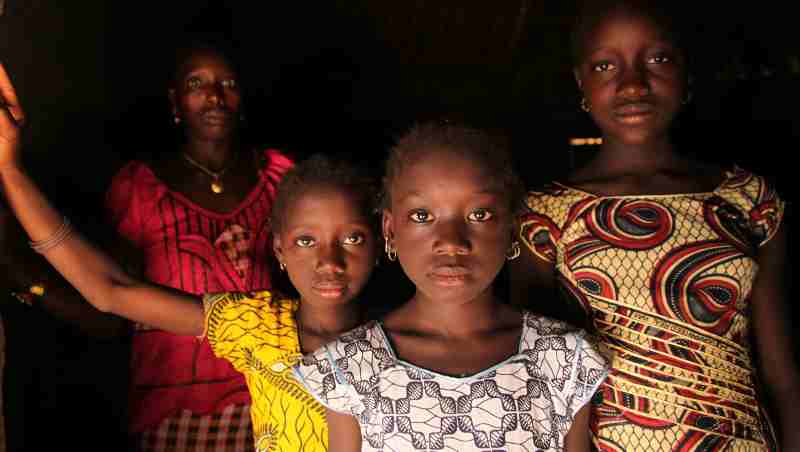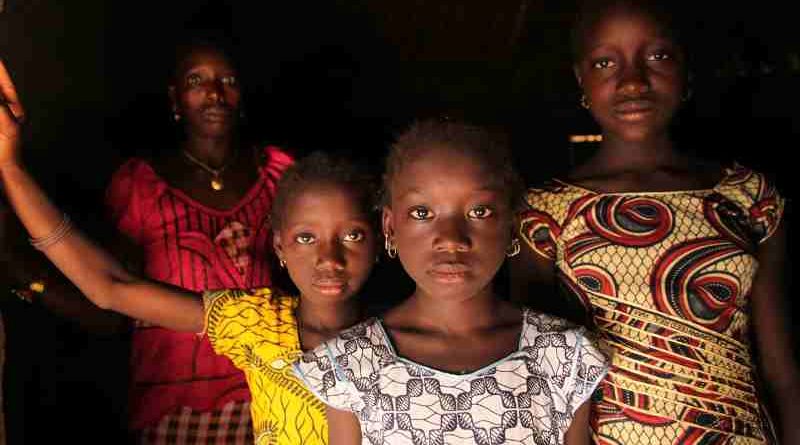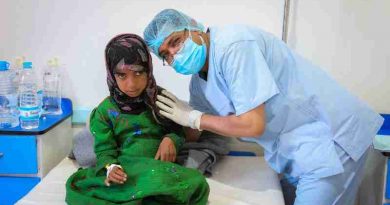Sudan Bans Female Genital Mutilation. Jail Sentence for Offenders

Sudan’s transitional government has decided to criminalize female genital mutilation / cutting (FGM/C) with a three-year jail sentence for offenders.
As the United Nations Childen’s Fund (UNICEF) has welcomed the decision, Abdullah Fadil, UNICEF Representative in Sudan, said this practice is not only a violation of every girl child’s rights, it is harmful and has serious consequences for a girl’s physical and mental health.
Sometimes called female circumcision, the traditional practice involves the partial or total removal of the external female genitalia for no medical reason. “This is why governments and communities alike must take immediate action to put an end to this practice,” Fadil added.
According to a UN report, the move comes following years of persistent and forceful advocacy, including by the National Council for Child Welfare, women and child advocates, UN agencies and international, national and community-based organizations.
Estimates show that more than 200 million girls and women alive today have undergone female genital mutilation in the countries where the practice is concentrated, according to the World Health Organization (WHO).
And Sudan is considered to have a very high FGM/C prevalence rate, which UNICEF’s Multiple Indicator Cluster Surveys (MICS) revealed was at 86.6 per cent in 2014.
Health experts say that FGM/C has no benefits and it not only poses immediate health risks, but also long-term complications to women’s physical, mental and sexual health in addition to their well-being.






